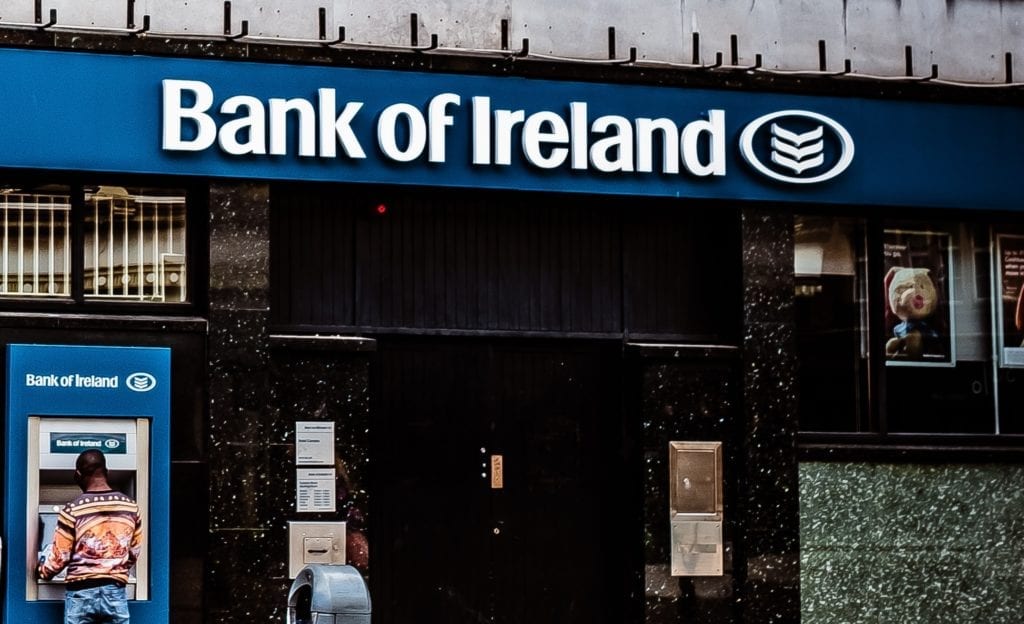Bank of Ireland recently decided to charge negative interest rates on individual pensions set up through trustees. Are you affected? We’ve set out the key facts and some options to consider.
If you’d like to discuss how Moneycube can help you get to grips with this change, get in touch.
What’s happened?
It’s become clear this year that low interest rates are here for the foreseeable future. Right now, the European Central Bank’s interest rate is -0.5%. That means that it costs banks to hold pension money.
In Ireland, many self-invested pensions (technically Small Self-Administered Pension schemes/ SSAPs and Executive Pensions, and some PRSAs) hold cash using Bank of Ireland.
Starting from 1 October 2020, Bank of Ireland has announced it will charge these pension schemes negative interest of 0.65% per year on the cash they hold. It’s a variable rate – so it could increase further.
For example, a cash balance of €150,000 will now cost you almost €1,000 per year in interest (€975 to be precise).
Who is most affected?
This change mostly affects individuals who have self-invested or self-administered pensions, and hold cash in Bank of Ireland through SSAPs and Executive Pensions.
Many of these individual schemes are set up so the pension holder can invest in property. So often, the assets they hold are simply a mix of investment property, and cash (made up of the rent the properties generate).
Understandably, any pension investor in this position will need to hold a certain amount of liquid (ie non-property) assets, whether it’s to cover planned withdrawals, property maintenance, fees, or simply to hold the cash the assets are producing.
The difficulty is that there is little appetite among competitor Irish banks to hold this cash at attractive rates.
On top of that, sitting with a large cash pile in your pension is a missed investment opportunity.
What can you do about it?
If you have a material cash balance in your self-administered pension, it’s time to review your portfolio.
For a property-focused investor, it’s a chance to introduce some diversification into your pension pot, so that you are not reliant on property returns alone to provide your retirement income.
Moneycube can help you build a portfolio which provides an appropriate balance of investment growth prospects, investment risk, and liquidity.
You could gain a balance of exposures to growth assets such as equities and investment funds, as well as more stable income producers such as bonds and infrastructure, as well as stores of wealth such as gold. That will help you de-risk your pension, and also offer wider opportunities for investment growth, without losing the liquidity you require to meet the ongoing outflows from your pension.
Now’s the time to act before Bank of Ireland’s charges kick in on 1 October. Get in touch today if we can help you review your self-invested pension.










